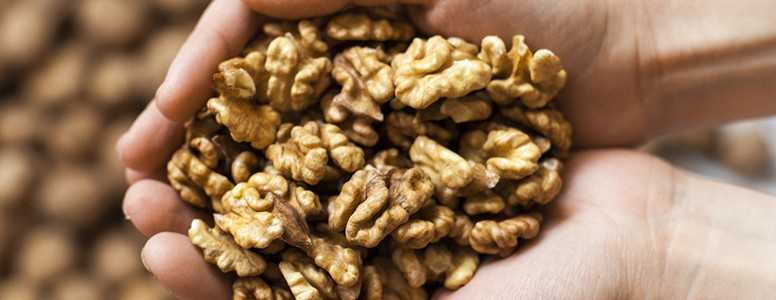People with type 2 diabetes who eat nuts may be protecting themselves from other conditions, such as cardiovascular disease, a study has concluded.
A new study involving more than 5,000 people reports that cashews, almonds, pecans and walnuts, but not peanuts, can have a “protective role” in the body.
Eating them every week could reduce inflammation that often leads to chronic conditions becoming “worse”, according to Brigham and Women’s Hospital and Harvard Medical School.
Dr Ying Bao, an epidemiologist at Brigham and Women’s Hospital in Bosto, Massachusetts, said: “Population studies have consistently supported a protective role of nuts against cardiometabolic disorders such as cardiovascular disease and type 2 diabetes, and we know that inflammation is a key process in the development of these diseases.
“Our new work suggests that nuts may exert their beneficial effects in part by reducing systemic inflammation.”
The researchers examined questionnaires and blood samples from a total of 5,013 people who participated in the Nurses Health Study and the Health Professionals Follow-Up Study.
Blood samples were analysed for levels of biomarkers – which can identify diseases – for inflammation, including fasting plasma C-reactive protein (CRP), interleukin 6 (IL-6), and tumor necrosis factor receptor 2 (TNFR 2).
People eating five or more portions of tree nuts a week had significantly lower levels of CRP and IL-6 compared with who did not eat nuts.
Also, those who swapped three servings of red meat, processed meat, eggs or refined grains with nuts every seven days had significantly improved inflammation levels.
Dr Bao added: “Much remains unknown about how our diet influences inflammation and, in turn, our risk of disease. But our study supports an overall healthful role for nuts in the diet and suggests reducing inflammation as a potential mechanism that may help explain the benefits of nuts on cardiometabolic diseases.”
The study was published in the American Journal of Clinical Nutrition.
What's new on the forum? ⭐️
Get our free newsletters
Stay up to date with the latest news, research and breakthroughs.






